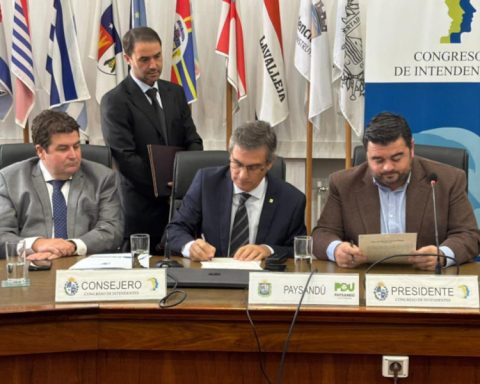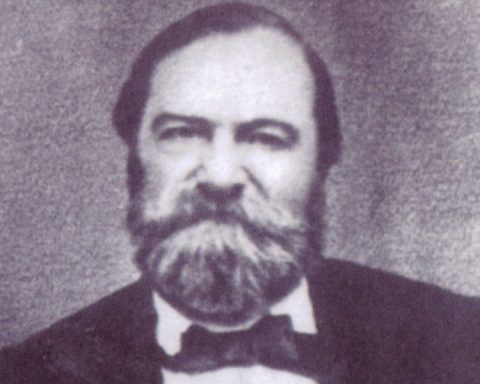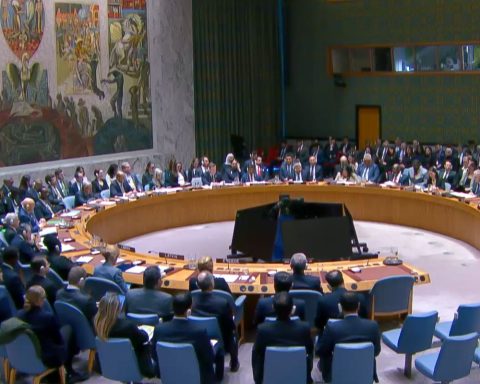The Legislative Studies Division of the Parliament responded to the Chamber of Senators for the case of Senator Juan Sartori, who decided not to present his wife’s affidavit, for which he relies on the reports he commissioned from the constitutional lawyers Martín Risso and Carlos Delpiazzo .
Through a letter addressed to the general director of the Chamber of Senators, Juan Pedro Lista, legal representative of the Parliament indicated that “it is not appropriate” for the Chamber to act ex officio in the event of a lack of a legislator being verified.
Neither the Senate nor Vice President Beatriz Argimón can act ex officio.
«As stated in article 16 of Law No. 17,060 of December 23, 1998, it is Jutep itself who will notify the legislator of the quality of non-compliance (notification to be made through its agency of origin) for the purposes of that the relevant disciplinary measures be applied, ”indicates the legal letter.
In addition, they confirmed that the sworn statement that legislators must present, like other state officials, is a “formal requirement” imposed by law due to the position they hold.
“In conclusion, in the event of a possible fault by a senator committed in the presentation of an affidavit, we understand that the Chamber of Senators should not act ex officio, but should wait for the communication and resolution adopted by the Jutep,” the letter ends. .
Appeal of unconstitutionality
Sartori announced days ago that he would file an appeal of unconstitutionality against article 12 of the “Crystal Law”, which requires public officials to present the affidavit of their spouse.
«I know that the burden imposed on me by requiring me to present my spouse’s sworn statement is not at the whim of the members of this Board, but by what is established by law. Legal norm that contravenes fundamental precepts of the Constitution of the Republic, which is why I will appear before the Supreme Court of Justice to file the corresponding appeal,” the senator wrote in a letter sent to Jutep.
“The reports are categorical,” said Argimón this Friday. For the vice president, “these laws are based on a broader framework of prevention, of ethical conduct, and in that sense, it seems to us that after so much time, these rules suddenly have to be updated, because the world has also changed.”
Argimón said that he does not have Sartori’s affidavit, because he does not exercise “the Police of the affidavits.” When consulting her about a possible sanction to the legislator of the National Party for non-compliance, he assured that he had not yet received any notification from the Board of Transparency and Public Ethics (Jutep). If it arrives, it will be sent to Parliament’s Legal Department, which is who defines the measures to be taken, he pointed out.
Argimón spoke out in favor of updating the law on sworn statements
For his part, Argimón spoke this Friday in favor of considering an update of the current regulations that establish the obligation to present the sworn statement of assets and income of public officials and their spouses.
Argimón referred to the Cristal Law of 1998 and said that “obviously it is a law that may need to be reconsidered, in the face of what are also challenges in the 21st century.”
Admás reported that he had a conversation with Sartori due to the refusal to present the sworn statement of assets of his wife Yekaterina Rybolóvleva and maintained that Sartori gave him his arguments and presented him with reports from the constitutionalists Martín Risso and Carlos Delpiazzo, in which it is stated that « The omission of his spouse to present a sworn statement of assets and income before the JUTEP does not constitute any fault attributable to Senator Juan Sartori.


















